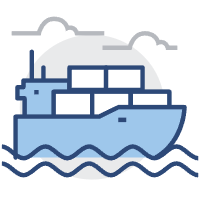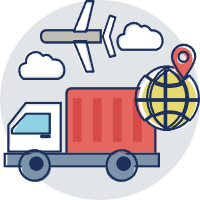Global trade is evolving rapidly, and international railway transportation is becoming an increasingly attractive option for businesses seeking cost-effective and environmentally friendly shipping solutions. Rail offers the ability to move large volumes efficiently while reducing carbon emissions, making it an appealing alternative to air and sea freight. Despite these advantages, businesses must understand the challenges associated with railway freight services to ensure smooth operations and avoid unexpected disruptions.
One of the most significant obstacles in international rail transport is navigating complex cross-border regulations. Each country has its own customs procedures, import/export restrictions, and safety standards. Non-compliance can lead to shipment delays, fines, or even confiscation of goods. Companies using rail cargo services must prepare accurate documentation, comply with local regulations, and partner with experienced providers like EVERGRAND, which have the expertise to handle customs clearance efficiently and minimize regulatory risks.
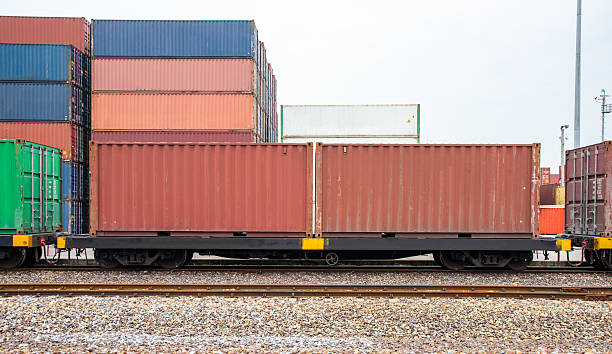
Infrastructure limitations and network gaps present another challenge for businesses relying on international railway transportation. While some regions offer extensive rail connectivity, others may have limited routes or incompatible rail gauges, necessitating cargo transfers. Additionally, terminal congestion can delay shipments, impacting supply chain timelines. Working with a knowledgeable railway logistics provider ensures that businesses can optimize routes, coordinate transfers effectively, and reduce the risk of delays.
Transit time variability is also a factor that companies need to consider. Although rail is generally faster than sea freight, shipments can be affected by border inspections, maintenance work, or seasonal demand fluctuations. To mitigate these risks, businesses should integrate buffer times into their logistics planning, combine rail with other transportation modes for time-sensitive cargo, and maintain proactive monitoring of shipments. Reliable railway freight services offer solutions that help maintain consistent delivery schedules despite these variables.
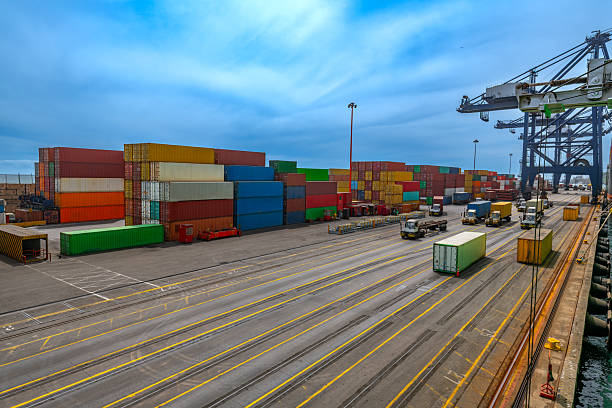
Cargo handling and security represent another key concern. Freight may be transferred multiple times during transit, increasing the risk of damage, theft, or loss. Ensuring secure loading and unloading procedures, using appropriate containers, and implementing tracking systems are essential steps for protecting shipments. Partnering with rail cargo services providers that emphasize security and proper cargo management safeguards valuable goods and maintains the integrity of the supply chain.
Businesses should also be aware of the limitations in flexibility when using rail for urgent shipments. Rail schedules are fixed, making it challenging to accommodate last-minute orders. To address this, companies need to plan shipments in advance, consider multi-modal transport solutions that combine rail with road or air options, and build contingency plans to handle unexpected changes. Understanding these constraints allows businesses to integrate international railway transportation into their overall logistics strategy without compromising delivery reliability.
Pricing complexity is another consideration. While rail is often more cost-effective than air freight, costs can vary depending on distance, cargo type, handling requirements, and additional terminal or customs fees. Working with experienced providers like EVERGRAND ensures transparent pricing, optimized budgets, and reliable services, allowing businesses to plan their logistics expenditure accurately.
Technological integration is becoming increasingly important in modern logistics. Many rail routes span multiple countries, each with its own IT and tracking systems, making real-time shipment visibility challenging. An experienced railway logistics provider can offer integrated tracking solutions, allowing businesses to monitor cargo status throughout transit and respond quickly to potential issues, ensuring supply chain efficiency.
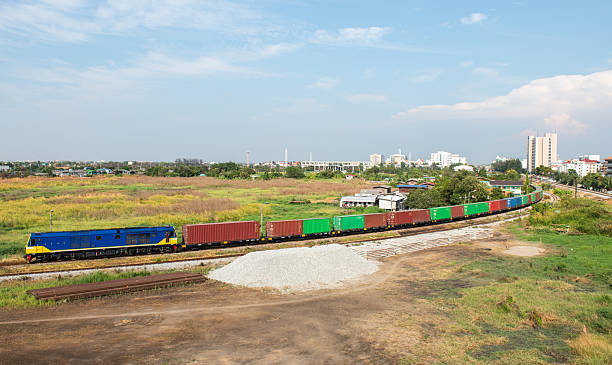
Environmental and seasonal factors further impact international rail operations. Extreme weather conditions, such as heavy rain, snow, or heatwaves, can disrupt schedules and affect cargo safety. Planning for seasonal variations, implementing protective measures for sensitive cargo, and having contingency plans in place are essential strategies for maintaining reliability in rail cargo services.
In conclusion, international railway transportation provides businesses with a sustainable, cost-effective, and efficient solution for moving goods across borders. However, companies must navigate challenges including regulatory compliance, infrastructure limitations, transit time variability, cargo handling and security, scheduling constraints, pricing complexity, technological integration, and environmental factors. By partnering with a professional provider like EVERGRAND, businesses gain access to high-quality railway freight services and rail cargo services, ensuring optimized railway logistics, risk mitigation, and improved supply chain performance. Understanding these challenges and proactively planning for them allows companies to leverage rail transport effectively and strengthen their global competitiveness.

